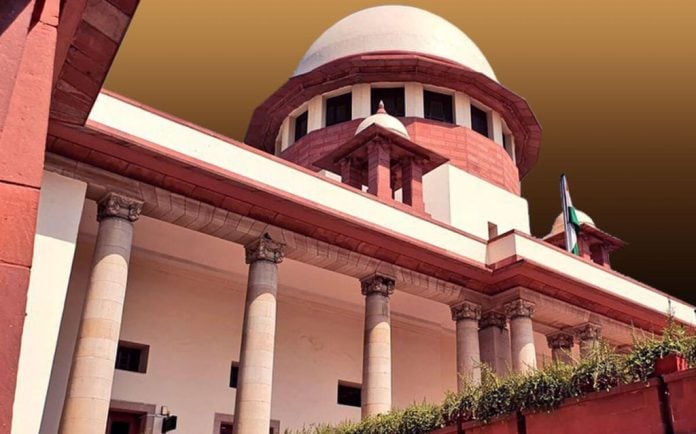The Supreme Court has refused to grant urgent hearing to a judicial officer hailing from Uttar Pradesh, who was sent for training at the state judicial academy for denying bail, in violation of the Apex Court guidelines on the same.
The Bench of Justice Sanjay Kishan Kaul and Justice Ahsanuddin Amanullah observed on Monday that if dishonesty in granting bail was a problem, then not granting bail in cases where it was due was also a form of dishonesty, which could be termed as intellectual dishonesty.
Earlier on May 2, the Apex Court had directed the Allahabad High Court to send the Lucknow judge to a judicial academy for ‘upgradation of his skills’.
The Bench had passed the orders after monitoring a series of past orders aimed at curbing the tendency of trial courts to routinely order arrests of accused and lessening the burden of litigation in courts that followed as a result of their arrest. Most of these orders were passed on a batch of cases titled Satender Kumar Antil.
Representing the judicial officer, Senior Advocate P.S. Patwalia contended that the judge, who was appointed in 1990, had more than three decades of service behind him. He was set to retire on June 30, and was also likely to be considered for appointment as judge of the Allahabad High Court.
The Apex Court then pointed out that if he has been a judicial officer for 30 years, it was all the more reason for him to have been careful and understood the orders of this court. It added that going to the academy for a few days would prove beneficial for the judge.
The Senior Counsel further contended that the judicial officer did rely on the Apex Court’s directives for the trial courts to grant bail to the accused, who cooperated during investigation and were not arrested once during the probe, when they are summoned at the time of filing of charge sheets.
The Bench then observed that this approach must change. If they came to the High Court, they would do a similar thing. The Aex Court said it had passed several orders that the accused should not be arrested if they were not arrested during the investigation.
They should be summoned at the time of consideration of the charge sheet and be granted bail. If they did not appear despite summons, a bailable warrant should be issued initially and then a non-bailable warrant can be issued, it noted.
The Bench observed that one of the reasons why it did not take a lenient view in the case was the seniority of the judicial officer. He could not be given the benefit of doubt. It added that in its order, the Supreme Court had not said that the judicial officer should not be considered for the High Court.


